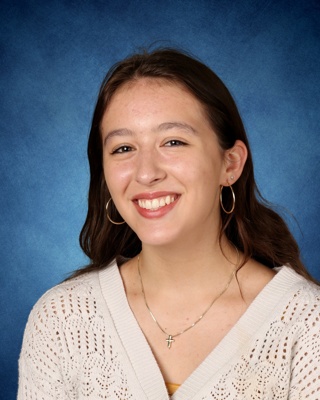Picking people up and throwing them on the ground is something senior Yoshiki Suzuki has grown to be good at. This is credited to his long-lasting passion for judo.
“Judo is a two-man sport,” Suzuki said. “It’s wrestling but with more throwing and more technique.”
Suzuki’s journey with Judo didn’t start until early grade school when his mom, a preschool teacher, heard about it from one of her past students.
“One of my mom’s old students did judo and he had cancer,” Suzuki said. “She wanted me to start judo to support him.”
After trying karate and not enjoying it, Suzuki decided to give judo a try.
“Throwing people felt nice for me,” Suzuki said. “I didn’t feel like karate was meant for me but the first time throwing someone in judo just felt really good.”
From then on, Suzuki has trained and grown in technique and skill. Suzuki’s hard work has paid off as he is a two-time state champion in Washington for high school judo and has the possibility to be a three time state champion after he competes next month.
“There’s a tournament called high school championships where they gather all the highschool Judoka’s in Washington and make them fight each other,” Suzuki said.
These tournaments are where Suzuki has competed and won for his age and weight class.
In these tournaments strengths in judo reach beyond just physical capability.
“Hard work and discipline is a big thing in Judo,” Suzuki said. “Respecting others and respecting everyone else.”
Judo students express this at the beginning of every practice by bowing in.
“There’s a head at the front called Jigoro Kano; he started Judo. You always bow to him before Judo starts and after that you bow out to Jigoro Kano as well,” Suzuki said. “It says a lot about judo because they care about who created it.”
Suzuki’s passion for Judo has brought him as far as Japan where he practiced at a university due to his Olympian friend.
“He invited me over because he has a PhD at that university and teaches right now,” Suzuki said.
The community of judo has been a major draw for Suzuki.
“The community is really close. We’re all friends with each other and go to all the different dojos for free because we all know each other,” Suzuki said.
Neighboring dojos such as ones in Vancouver and Oregon stay connected with the dojos in Washington for any upcoming tournaments.
“They want the community to get bigger,” Suzuki said. “We’ll do some events sometimes and send out tournament information to each other.”
Throwing people and the community are two major factors Suzuki has found excitement in with judo. Judo has taught Suzuki the value of learning from his peers. A Japanese word called Jita Kyoei which means mutual welfare and benefit has been Suzuki’s reminder as he trains and competes.
“You need someone else to get better,” Suzuki said. “You need someone else to throw, if they don’t get better you can’t get better that’s why we try to get better together.”



